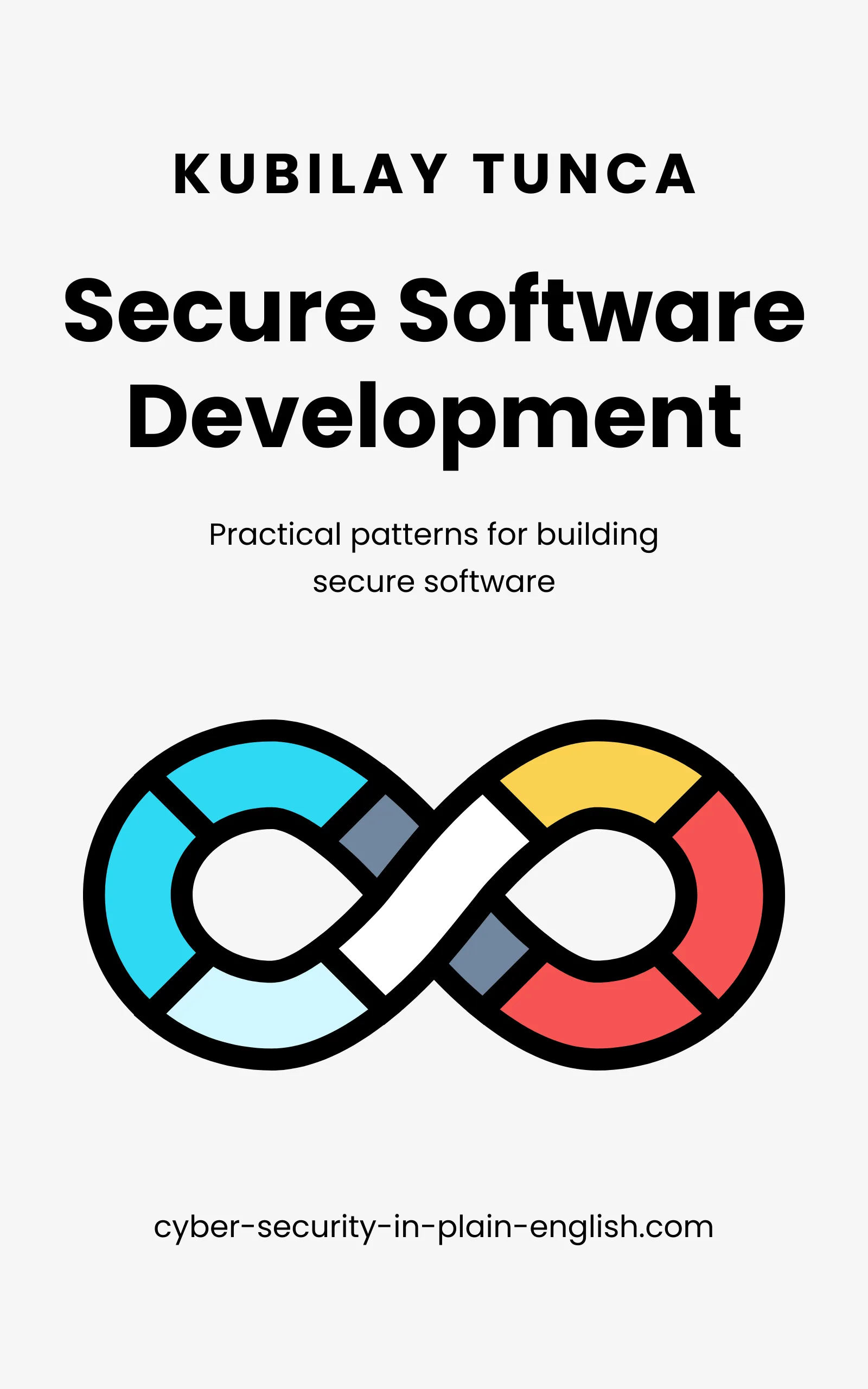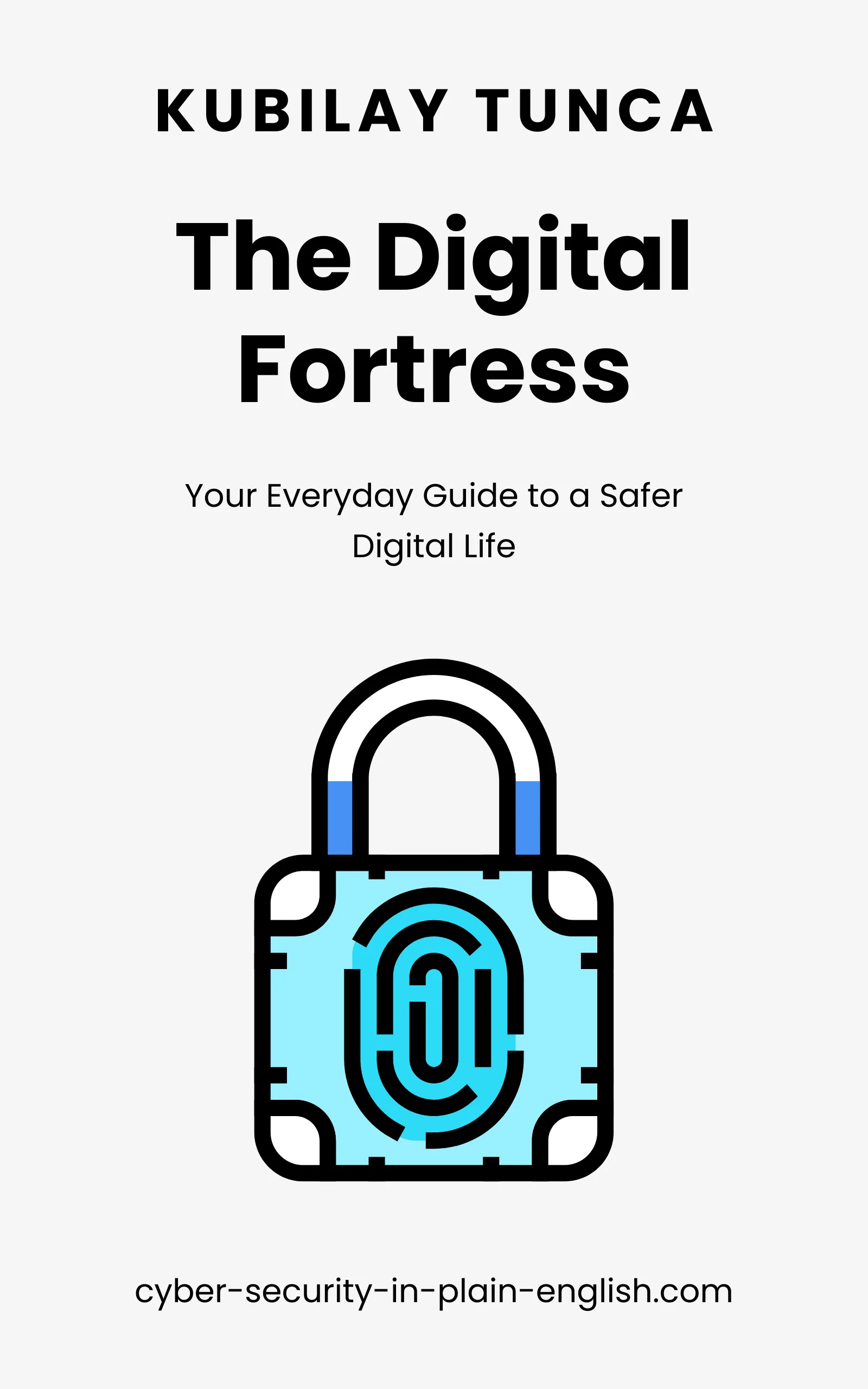Published
- 6 min read
Free vs. Paid VPNs: Which One Should You Choose?

How to Write, Ship, and Maintain Code Without Shipping Vulnerabilities
A hands-on security guide for developers and IT professionals who ship real software. Build, deploy, and maintain secure systems without slowing down or drowning in theory.
Buy the book now
Practical Digital Survival for Whistleblowers, Journalists, and Activists
A practical guide to digital anonymity for people who can’t afford to be identified. Designed for whistleblowers, journalists, and activists operating under real-world risk.
Buy the book now
The Digital Fortress: How to Stay Safe Online
A simple, no-jargon guide to protecting your digital life from everyday threats. Learn how to secure your accounts, devices, and privacy with practical steps anyone can follow.
Buy the book nowFree vs. Paid VPNs: Which One Should You Choose?
Introduction
VPNs are valuable tools for protecting online privacy, encrypting your connection, and masking your IP address. While free VPNs provide access to basic VPN functionality, paid VPNs usually offer a broader range of features and greater privacy protections. Deciding between a free and a paid VPN can be challenging, especially when each option has distinct advantages. This article compares free and paid VPNs to help you determine which type is best for your privacy, security, and browsing needs.
Key Differences Between Free and Paid VPNs
When considering a VPN, it’s essential to understand the trade-offs between free and paid options. Here are the main differences:
1. Privacy and Data Logging
- Free VPNs: Many free VPNs rely on advertising or sell user data to third parties to cover operating costs. This practice can compromise your privacy, as your browsing habits may be logged and shared with advertisers.
- Paid VPNs: Paid VPNs typically enforce strict no-logs policies, meaning they don’t track or store any data about your online activity. Reputable paid VPNs undergo audits to verify their privacy policies, offering stronger privacy guarantees.
Winner: Paid VPNs are better for privacy-conscious users, as they generally don’t log or sell user data.
2. Speed and Performance
- Free VPNs: Free VPNs often have limited server options, resulting in slower speeds due to overcrowded servers. This can cause buffering when streaming or slow down your browsing experience.
- Paid VPNs: Paid VPNs provide access to a large network of high-speed servers optimized for different activities like streaming and gaming. With paid options, you’re more likely to experience stable, fast connections.
Winner: Paid VPNs offer better speed and performance due to a more extensive server network and fewer bandwidth limitations.
3. Server Options and Locations
- Free VPNs: Free VPNs typically offer limited server locations, restricting your options for choosing a specific region. This limitation can affect your ability to access geo-restricted content in certain countries.
- Paid VPNs: Paid VPNs offer a wide range of server locations across various countries, making it easier to bypass geo-restrictions and access content from around the world.
Winner: Paid VPNs provide more location flexibility, allowing users to choose from numerous servers worldwide.
4. Security Features
- Free VPNs: Free VPNs often lack advanced security features like a kill switch, DNS leak protection, or multi-hop options. They may use outdated protocols, reducing overall security.
- Paid VPNs: Paid VPNs usually offer more robust security, including AES-256 encryption, kill switches, DNS leak protection, and a choice of secure protocols like OpenVPN and WireGuard. These features make paid VPNs better suited for users concerned about data security.
Winner: Paid VPNs provide better security features, offering comprehensive protection for sensitive data.
5. Data and Bandwidth Limits
- Free VPNs: Most free VPNs impose data caps, limiting the amount of data you can use each month. Common caps range from 500 MB to 10 GB per month, which is restrictive for streaming or downloading large files.
- Paid VPNs: Paid VPNs typically offer unlimited bandwidth, allowing you to use the VPN without worrying about data limits. This makes them ideal for high-usage activities, such as streaming, gaming, and file sharing.
Winner: Paid VPNs are best for users with high data needs, as they don’t impose data caps or usage restrictions.
Pros and Cons of Free VPNs
Pros of Free VPNs:
- Cost-Free Access: Free VPNs are budget-friendly, making them accessible to users who need occasional privacy.
- Basic Privacy Protection: Free VPNs offer basic IP masking and encryption, which can protect against some types of tracking.
Cons of Free VPNs:
- Limited Security and Features: Free VPNs often lack critical security features, making them less secure for privacy-focused users.
- Data Collection Risks: Free VPNs may collect and sell user data, potentially compromising your privacy.
- Limited Server and Bandwidth Options: Free VPNs are slower and less versatile, as they typically offer fewer servers and restricted data.
Pros and Cons of Paid VPNs
Pros of Paid VPNs:
- Enhanced Privacy Protections: Paid VPNs have no-logs policies and strong encryption, providing greater privacy.
- High-Speed Performance: With a more extensive server network, paid VPNs offer fast, stable connections.
- Advanced Features: Paid VPNs come with valuable security features like a kill switch, DNS leak protection, and advanced encryption.
Cons of Paid VPNs:
- Cost: Paid VPNs require a subscription, which may not be feasible for all users, especially if they only need a VPN occasionally.
When to Use a Free VPN
While paid VPNs are generally superior, there are cases where free VPNs may be suitable:
- Short-Term Needs: If you only need a VPN for a quick task, such as accessing a website in another region, a free VPN can provide temporary access.
- Occasional Privacy: For users who want basic privacy protection for light browsing, a free VPN can offer limited IP masking and encryption.
- Testing Before Committing: Free VPNs can give you a sense of how VPNs work before committing to a paid option.
Note: If you use a free VPN, choose one from a reputable provider like ProtonVPN or Windscribe. These providers are known for prioritizing user privacy, even on their free plans.
When to Use a Paid VPN
For users who prioritize privacy, security, and performance, paid VPNs are the best choice. Here are some scenarios where a paid VPN is ideal:
- Frequent Streaming or Downloading: Paid VPNs offer unlimited data and high speeds, making them suitable for high-bandwidth activities.
- Regular Travel or Remote Work: Paid VPNs provide security on public networks, which is essential for travelers or remote workers.
- Privacy-Focused Browsing: With advanced security features and a no-logs policy, paid VPNs are more reliable for users who prioritize online privacy.
- Bypassing Geo-Restrictions: Paid VPNs with extensive server networks are ideal for accessing geo-restricted content worldwide.
Common Misconceptions About Free and Paid VPNs
There are some common myths about free and paid VPNs that are worth addressing:
- “All VPNs Protect Privacy Equally.” VPNs differ in terms of privacy practices. Free VPNs may log data, while paid VPNs usually have stricter privacy standards.
- “Paid VPNs Are Only for Tech Experts.” Most paid VPNs offer user-friendly apps, making them accessible to beginners. They often come with customer support to assist with setup and troubleshooting.
- “Free VPNs Are Just as Secure as Paid Ones.” Free VPNs typically lack advanced security features and may use weaker encryption. Paid VPNs invest more in security, making them a better choice for privacy-conscious users.
Conclusion
Choosing between a free and a paid VPN depends on your privacy needs, usage habits, and budget. Free VPNs provide basic protection for occasional use, but they come with limitations in terms of speed, security, and data privacy. Paid VPNs, on the other hand, offer a wider range of features, better performance, and stronger privacy protections, making them ideal for users who value security and use VPNs regularly.
For those who prioritize online privacy and need a reliable VPN, investing in a reputable paid VPN is the best choice. However, if your needs are minimal and you only require a VPN occasionally, a free option from a reputable provider can suffice as a temporary solution.